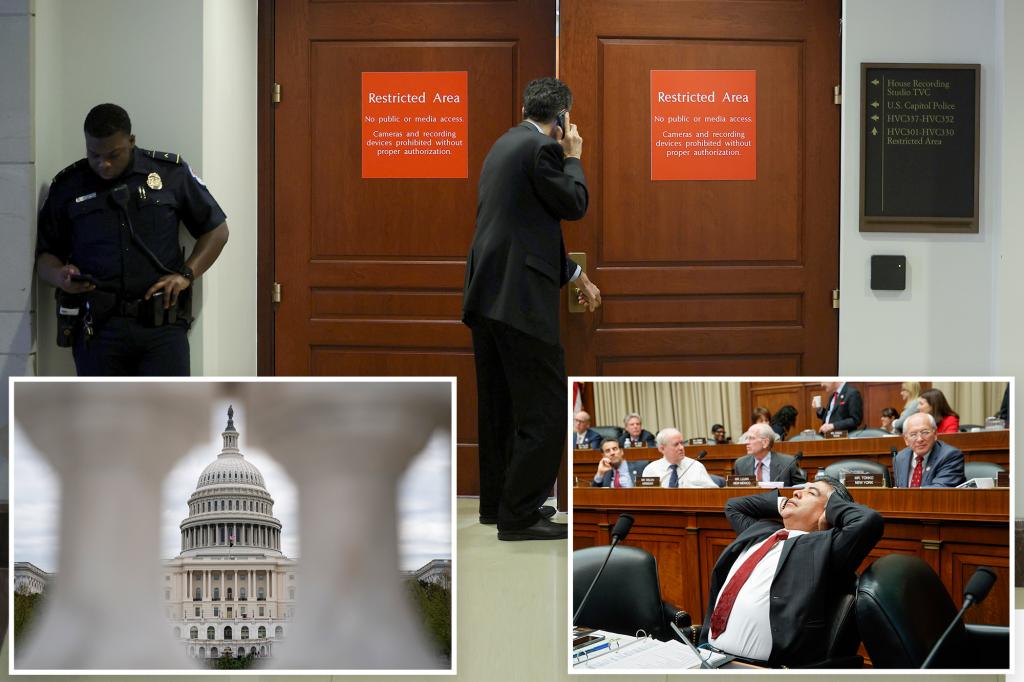Former and outgoing members of Congress from both parties are expressing concerns about the financial challenges they face despite their six-figure salaries. Even though they acknowledge that their constituents do not want to hear about their financial struggles, they argue that the cost of living, maintaining two residences, and transportation expenses create significant financial burdens. Some members, such as former Rep. Ken Buck, have voiced that these challenges make it difficult to fulfill their responsibilities as representatives.
California Democratic Reps. Tony Cardenas and Anna Eshoo have also highlighted the financial difficulties faced by members of Congress. They point out that the inability to write off or be reimbursed for expenses incurred while traveling to and from Washington adds to the financial strain. Cardenas mentioned that some lawmakers even sleep in their offices to save on accommodation costs, emphasizing the financial sacrifices that members have to make to serve in Congress. Eshoo raised the question of whether the House should be accessible to all, regardless of wealth.
Retiring representatives, Larry Bucshon, Doug Lamborn, and Dan Kildee, believe that the congressional pay rate should be adjusted to keep up with the rising cost of living and inflation. They argue that a diverse representation of the American people in Congress leads to better governance. Concerns have also been raised about the financial practices of some lawmakers, with reports indicating that some members have outperformed the stock market with their personal portfolios, raising questions about conflicts of interest and transparency in government.
Lawmakers have also been scrutinized for their financial activities, with calls for resignations after some members were accused of insider trading. The issue of corruption in Congress has elicited varying responses, with some members dismissing claims of corruption, while others acknowledge systemic issues. The influence of money in politics has also been a topic of discussion, with some lawmakers advocating for campaign finance reform to reduce the influence of special interests and fundraising on governance.
Lawmakers like Sen. Ben Cardin have pointed to systemic issues within the political system, including the Supreme Court’s Citizens United decision, as sources of corruption. There are concerns about the influence of money on committee appointments and decision-making processes, with some suggesting that campaign contributions can influence policy decisions. The need for reform to address these systemic issues and reduce the role of money in politics has been raised by members on both sides of the aisle.
Lawmakers have also highlighted the impact of personal relationships and a less divisive atmosphere in Congress on governance. Former practices, such as moving families to Washington to reduce the need for expensive travel, fostered a sense of camaraderie among members from different parties. Initiatives to foster bipartisanship and collaboration, such as orientation activities for freshman lawmakers regardless of party affiliation, have been proposed as ways to improve the functioning of Congress. Overall, there is a recognition among members that systemic issues related to money and transparency need to be addressed to ensure the integrity and effectiveness of Congress as an institution.


